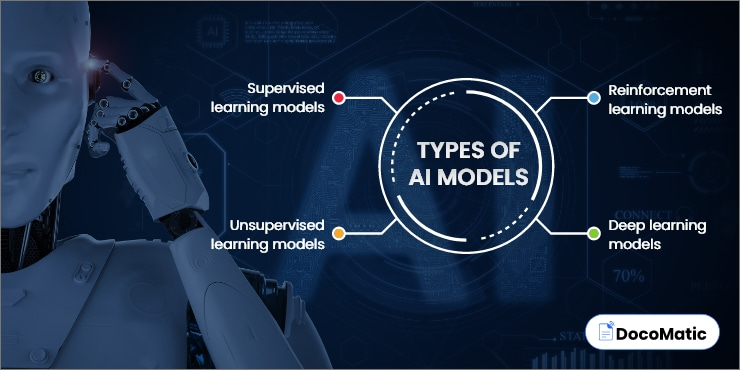Meta's Llama API Launch Signals New Era in AI Development

In a groundbreaking announcement at its inaugural LlamaCon AI developer conference, Meta has unveiled the Llama API, marking a significant milestone in democratizing access to powerful AI models. This strategic move not only showcases Meta's commitment to the open-source AI community but also positions the company as a formidable competitor in the rapidly evolving AI landscape.
Understanding the Llama API's Core Features
Meta's newly announced Llama API represents a comprehensive solution for developers seeking to harness the power of large language models. According to the announcement covered by TechCrunch (https://techcrunch.com/2025/04/29/meta-previews-an-api-for-its-llama-ai-models/), the API offers several groundbreaking capabilities that set it apart from existing solutions.

The API provides developers with sophisticated tools for fine-tuning and evaluating Llama models, beginning with Llama 3.3 8B. This feature enables developers to generate training data, conduct model training, and utilize Meta's evaluation suite to assess their custom model's performance.
Revolutionary Performance Metrics
Perhaps the most impressive aspect of the Llama API is its exceptional performance capabilities. When integrated with Cerebras Systems, the API achieves remarkable speeds of up to 2,600 tokens per second, representing an 18x improvement over traditional GPU solutions. This breakthrough in processing speed could revolutionize how AI applications are developed and deployed in real-world scenarios.
Strategic Partnerships Enhancing Capabilities

Meta has forged strategic partnerships with industry leaders to enhance the API's capabilities. The collaboration with Cerebras and Groq for model-serving options demonstrates Meta's commitment to providing developers with flexible and powerful implementation choices. These partnerships are currently available through an "early experimental" program, accessible by request.
Data Privacy and Portability
In an era where data privacy concerns are paramount, Meta has made a strong commitment to user data protection. The company has explicitly stated that customer data processed through the Llama API will not be used to train Meta's own models. Furthermore, developers maintain the freedom to transfer models built using the Llama API to alternative hosting platforms, ensuring flexibility and independence.
Market Impact and Competition
The launch of the Llama API comes at a crucial time as Meta seeks to maintain its leadership position in the open model space. With over a billion downloads of Llama models to date, Meta faces increasing competition from emerging players such as DeepSeek and Alibaba's Qwen. This competitive landscape is driving innovation and pushing the boundaries of what's possible in AI development.
Future Roadmap and Accessibility
While currently available in limited preview, Meta has announced plans to expand access to the Llama API in the coming weeks and months. This gradual rollout strategy allows Meta to refine the service based on early user feedback while ensuring stable and reliable performance as the user base grows.
Implications for Developers and Businesses
The introduction of the Llama API represents a significant opportunity for developers and businesses looking to integrate advanced AI capabilities into their applications. The combination of powerful features, robust performance, and flexible implementation options positions the Llama API as a compelling choice for AI development projects.
The Road Ahead
As the AI landscape continues to evolve, Meta's Llama API stands as a testament to the company's commitment to advancing open-source AI development. The success of this initiative could significantly influence the future direction of AI model accessibility and implementation.
What role do you think Meta's Llama API will play in shaping the future of AI development, and how might it impact your own AI projects or business initiatives?